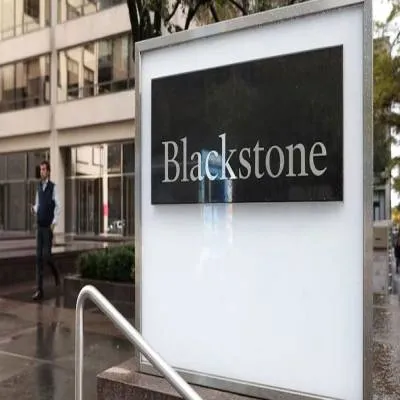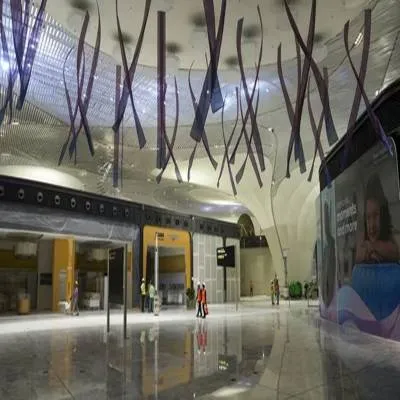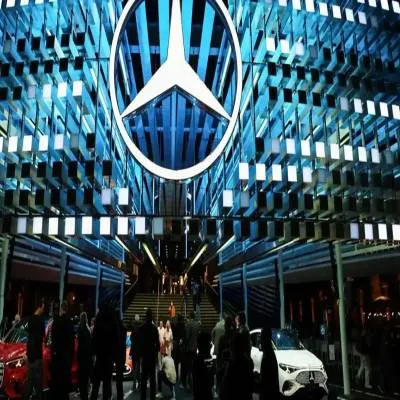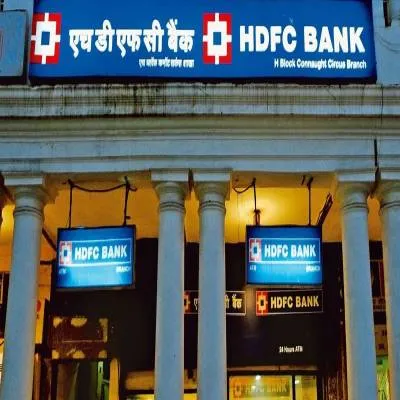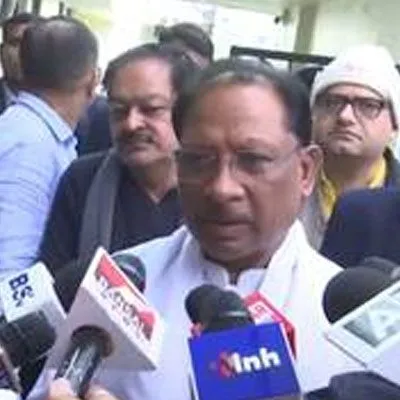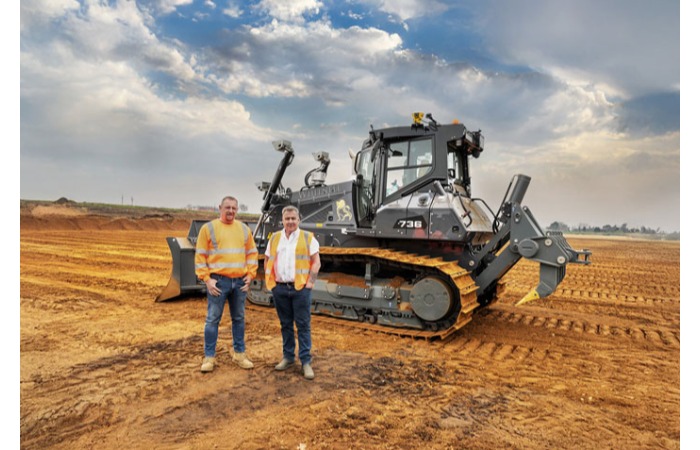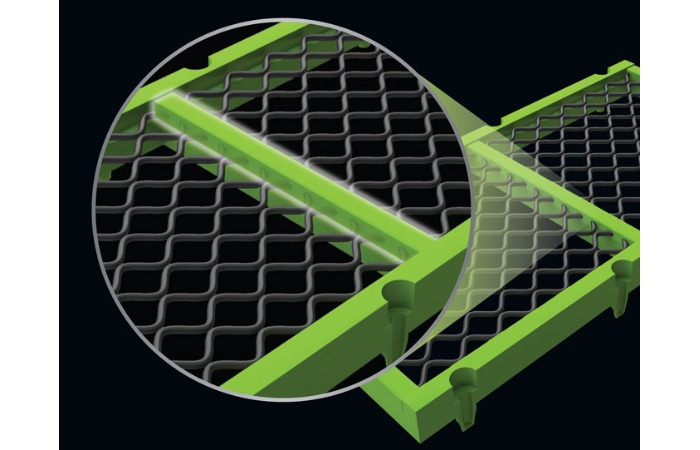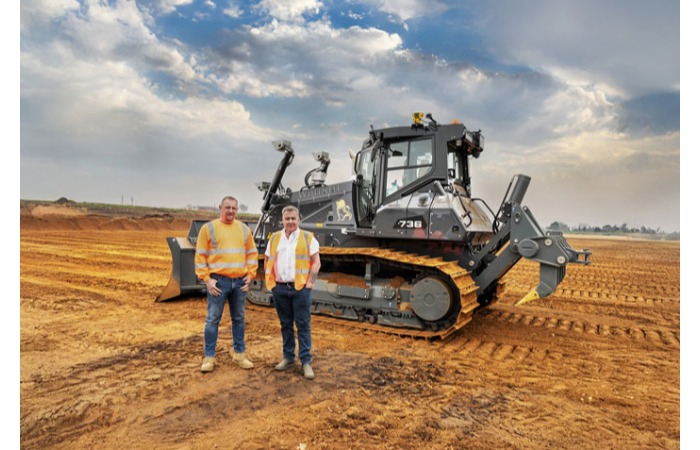And the Winner is…

The 23rd CONSTRUCTION WORLD Global Awards (CWGA) 2025, held on 3rd September at the Jio Convention Centre, Mumbai, stood as a grand celebration of innovation, leadership, and resilience in India’s construction and infrastructure sector. Part of the India Construction Festival (ICF) 2025, the evening brought together the nation’s most influential builders, policymakers, and visionaries, reaffirming the industry’s role in shaping India’s growth story.
The ceremony commenced with the ceremonial lamp lighting by Ashwini Bhide, IAS – Principal Secretary to the Hon’ble Chief Minister of Maharashtra and Managing Director, Mumbai Metro Rail Corporation; Bryan Gottlieb, Online Editor, ENR; Pratap Padode, Founder & President, FIRST Construction Council; Falguni Padode, Co-Founder and Group Managing Editor, ASAPP Info Global Group; Chandravasi Reddy, CEO & Co-founder, Inncircles; and Ratnesh Sinha, General Manager, BKT Tires.
Unveiling the robust research process that drives the awards, Pratap Padode emphasised: “Our research relies upon six years of audited performance of construction companies where we weigh growth over this period and give greater weightage to the recent year’s performance. We weigh PAT and Operating revenue equally as we think both revenue and profits are to be considered equally when recognizing growth. These results are then put before a jury which has the power to pull ranks under consideration of governance and ethics.”
He urged the industry to aspire higher: “Let’s move beyond being contractors. Let us be creators—of unique skillsets, proprietary technologies, and niche capabilities. Whether it’s deep tunneling, offshore marine infrastructure, or sustainable high-rises—we must become unbeatable in some domains.”
Concluding with a call to action, Padode reminded the audience: “The future belongs to those who build it. Let us ensure that what we build today will not only strengthen India but restore it to its rightful place as a global leader. The world will value us not for what we demand, but for what we demonstrate. Let us demonstrate excellence, audacity, and a bold intent to build—not just for India, but for the world.”
The concurrent RAHSTA Expo added to the momentum, showcasing cutting-edge innovations across roads and highways with over 100 exhibitors presenting solutions ranging from construction equipment to geospatial technologies.
Thought-leadership and insights
The India Construction Festival enriched the awards with parallel discussions and knowledge-sharing. The Japan-India Road Engineering Seminar featured Praveensingh Pardeshi, Chief Economic Advisor to the Chief Minister of Maharashtra and CEO, MITRA, who spoke on future-ready policies and global collaboration.
A fireside conversation between Padode and Ashwini Bhide was a key highlight. Announcing a major milestone, Bhide said: “Mumbai Metro Line 3 soon to start.” This echoed the sentiments of Dr Sanjay Mukherjee, Commissioner, MMRDA, who in his keynote stressed that Mumbai’s transformation was more than megaprojects—it was about sustainable, timely delivery.
Mukherjee highlighted the Mumbai Trans Harbour Link (MTHL), completed nine months ahead of schedule (excluding the COVID period). “The project, once debated, has today enriched the environment: flamingo numbers have risen, aquatic life is thriving, and JICA now showcases it globally as a model of India–Japan cooperation,” he said.
Bhide further outlined Mumbai’s ambitious trajectory: “Over the next five years, Mumbai is set to undergo a billion-dollar transformation. We have already prepared a Growth Hub Plan for the Mumbai Metropolitan Region, with the ambitious target of achieving a USD $500-billion economy. To reach this milestone, key projects have been identified, along with the policy changes required to support them. At the heart of this transformation lies infrastructure.”
Honouring leadership
The evening’s most anticipated honours included the Construction World Person of the Year awards: Ashwini Bhide in the Public Sector category and Jayanta Basu, MD, ITD Cementation India, in the Private Sector. The Lifetime Achievement Award was conferred upon K. Subramanian, Chairman, Afcons, for his enduring contribution to India’s infrastructure landscape.
Adding to the celebrations was the launch of the 29th CONSTRUCTION WORLD Annual Edition, featuring insights from 25 authors on how technology is transforming industries.
This year’s CWGA rankings reaffirmed excellence across categories. Larsen & Toubro emerged once again as the Largest & Most Profitable Company, while NCC, Kalpataru Projects International, and Afcons Infrastructure led the ultra-large segment. ITD Cementation, HG Infra, and Dineshchandra R Agrawal Infracon topped the large category, while Ceigall and Varindera Constructions excelled among mid-sized firms.
The larger festival
As part of ICF, the awards were interwoven with the 15th RAHSTA Expo & Conference and the 2nd National Summit on CIRP in Infrastructure and Real Estate Business. With over 150 exhibitors and 10,000 visitors, the festival offered a 360-degree view of India’s construction ecosystem—from financing models and digital technologies to insolvency frameworks and road-building strategies.
In essence, CWGA 2025 was more than an awards night—it was a platform for inspiration, collaboration, and charting the roadmap for India’s infrastructure future.
“Mumbai is on the verge of complete transformation”
ASHWINI BHIDE, Ashwini Bhide, IAS – Principal Secretary to the Hon’ble Chief Minister of Maharashtra, and Managing Director, Mumbai Metro Rail Corporation, on metro challenges, the infrastructure push, and the city’s future vision
Pratap Padode: Maharashtra’s infrastructure plan seems to be rolling out project after project: the Navi Mumbai International Airport, Coastal Road, Shaktipeeth Expressway, Worli-Sewri Connector and Vadhavan Port. What is driving this momentum?
Ashwini Bhide: Maharashtra has always been at the forefront of infrastructure development. Our vision is to be a $ 1 trillion economy by 2030 and $ 5 trillion by 2047. To achieve this, massive investments in infrastructure are essential. Being over 50 per cent urbanised, our cities must be future-ready. We are also addressing regional disparities, focusing on balanced development and preparing for the net-zero transition. Today, 96 projects across 17 sectors worth `9 lakh crore are being monitored, with the Chief Minister personally reviewing 30 of them regularly.
One of the most transformative projects is the Mumbai Metro. Where does it stand?
The network will span 340 km, of which nearly 90 km are already operational and 150 km are under construction. Ridership has touched 10 lakh per day and is growing rapidly. In the next six to seven years, the entire network should be ready, adding capacity for 1 crore passengers daily, making it India’s second largest after Delhi. Line 3 has been the most challenging: a 30.5 km underground corridor through densely populated areas, with 56 km of tunnelling and 27 stations. Despite land, resettlement and legal challenges, the project is now close to commissioning.
How did you manage the people-related challenges?
Infrastructure projects are as much about people management as engineering. Transparency was key, especially for an underground line where nothing is visible. We regularly shared updates via social media, photos and videos. This helped citizens understand the work despite the inconveniences. Engineering challenges were enormous – any mistake could have jeopardised safety. We also had to keep cost and time overruns under control while managing protests and litigations. It was a constant balancing act, but engagement and persistence paid off.
What kind of government support did you receive?
The state government and political leadership were extremely supportive. The Prime Minister monitored the project through the PRAGATI portal, which eased coordination with central ministries. At the state level, the Chief Minister’s War Room resolved issues quickly, from land acquisition to clearances. In some cases, special provisions were invoked to fast-track approvals. Such strong political will was crucial.
Looking ahead five years, how do you see Mumbai transforming?
Mumbai will be completely transformed. A seamless metro network of 150 km will change the way the city travels. Coastal roads, tunnels and multimodal corridors will form a ring road, reducing through-traffic. Navi Mumbai airport will boost air capacity and Vadhavan Port will enhance trade. Planned land use and new hubs – from entertainment to MICE – will redefine the metropolitan region. Mumbai is truly on the cusp of becoming a world-class metropolis.




